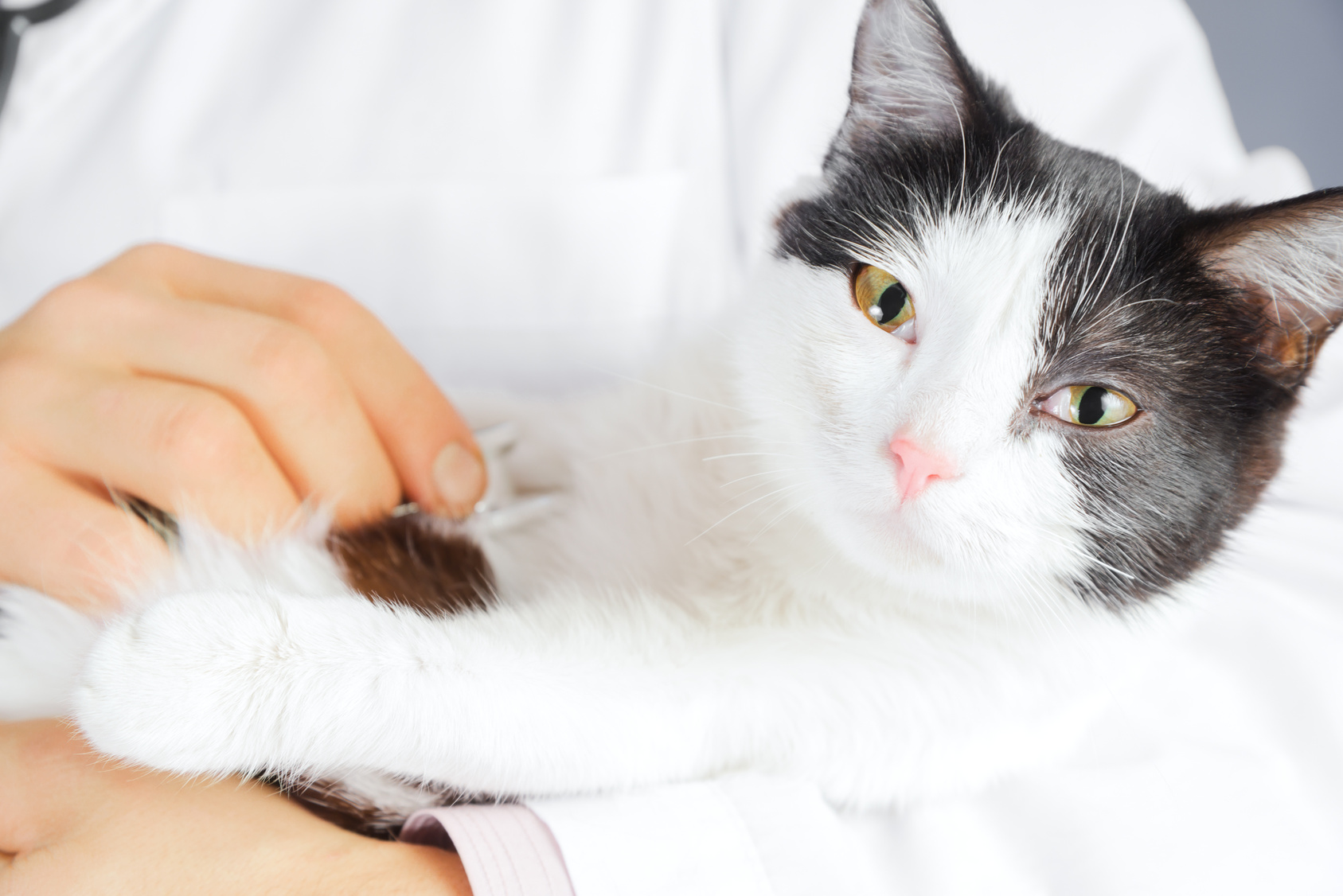So, we've noticed that in the past year Casper has developed what appears to be feline hyperesthesia. As he is aging (he is 14-1/2) it is becoming more frequent and apparent. He does not have some of the more severe symptoms but, his skin rolls on his back more than several times a day now, and we have noticed that his eyes are frequently more dilated than usual giving him a startled appearance. In fact, sometimes he behaves as if he has been spooked by something but we attribute that to some cognitive decline but perhaps it's related. He has been vocalizing occasionally also for what appears no reason and this is out of the ordinary for him - he was always a very silent cat before.
We have our annual checkups this coming Saturday for both him and Cocoabean and would like to come in somewhat informed.
If anyone has any thoughts/suggestions how to approach this it would be very appreciated. I'm clueless about treatments, what might work or what to avoid. I've done a bit of research but not overboard yet. Would love to hear from anyone who has a cat with this disease.
Thanks!
Laurie
We have our annual checkups this coming Saturday for both him and Cocoabean and would like to come in somewhat informed.
If anyone has any thoughts/suggestions how to approach this it would be very appreciated. I'm clueless about treatments, what might work or what to avoid. I've done a bit of research but not overboard yet. Would love to hear from anyone who has a cat with this disease.
Thanks!
Laurie






